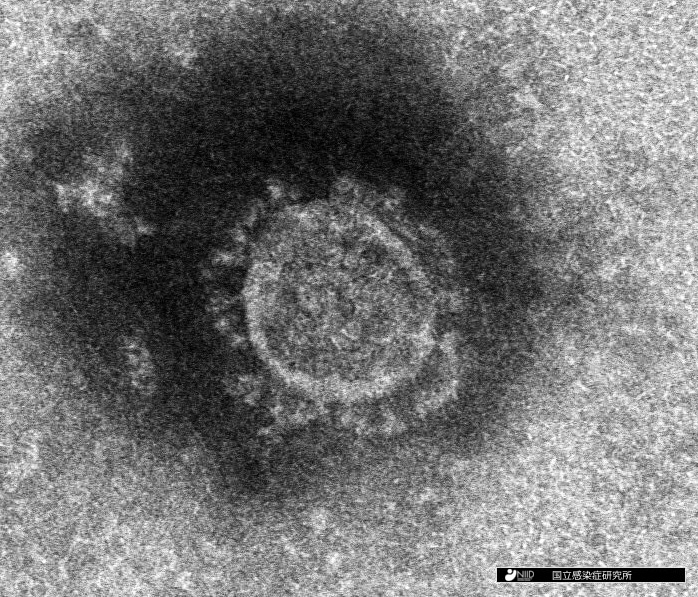Jpn. J. Infect. Dis., 65 (5), 371-375, 2012
To see a printable version of the article in the Adobe file format, click this [PDF] link.
Young June Choe1*, Jae Kyung Hu2, Kyung Min Song1, Heeyeon Cho1, Hee Sook Yoon1, Seung Tae Kim1, Han Jung Lee2, Kisoon Kim1, Geun-Ryang Bae1, and Jong-Koo Lee1
1Korea Centers for Disease Control and Prevention, Cheongwon-gun, Chungcheongbuk-do; and 2Incheon Metropolitan City, Health Social Bureau, Incheon, Republic of Korea
(Received March 26, 2012. Accepted May 23, 2012)
*Corresponding author: Mailing address: Division of Vaccine Preventable Disease Control and National Immunization Program, Korea Centers for Disease Control and Prevention, Osong Health Technology Administration Complex, 187 Osongsaengmyeong2(i)-ro, Gangoe-myon, Chungwon-gun, Chungcheongbuk-do, 363-951, Republic of Korea. Tel: +82-43-719-7348, Fax: +82-43-719-7379, E-mail: This email address is being protected from spambots. You need JavaScript enabled to view it.
SUMMARY: In this study, we have described the clinical characteristics of vaccine-modified measles to assess the performance of an expanded case definition in a school outbreak that occurred in 2010. The sensitivity, specificity, and the positive and negative predictive values were evaluated. Among 74 cases of vaccine-modified measles, 47 (64%) met the original case definition. Fever and rash were observed in 73% (54/74); fever was the most common (96%, 71/74) presenting symptom, and rash was noted in 77% (57/74) of the cases. The original case definition showed an overall sensitivity of 63.5% and a specificity of 100.0%. The expanded case definition combining fever and rash showed a higher sensitivity (72.9%) but a lower specificity (88.2%) than the original. The presence of fever and one or more of cough, coryza, or conjunctivitis scored the highest sensitivity among the combinations of signs and symptoms (77.0%), but scored the lowest specificity (52.9%). The expanded case definition was sensitive in identifying suspected cases of vaccine-modified measles. We suggest using this expanded definition for outbreak investigation in a closed community, and consider further discussions on expanding the case definition of measles for routine surveillance in South Korea.
